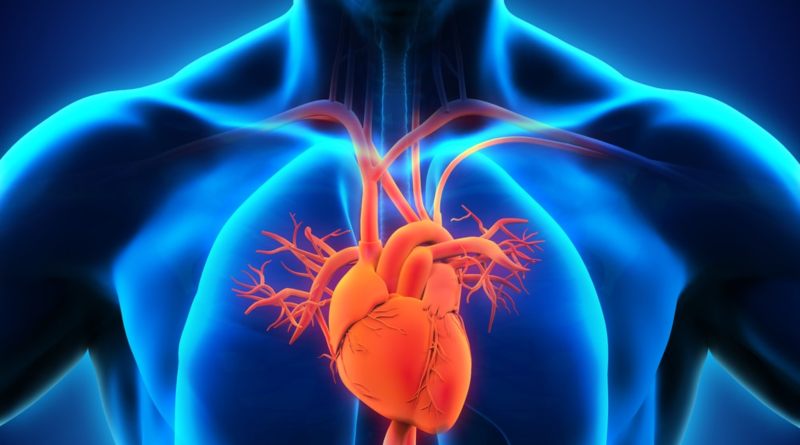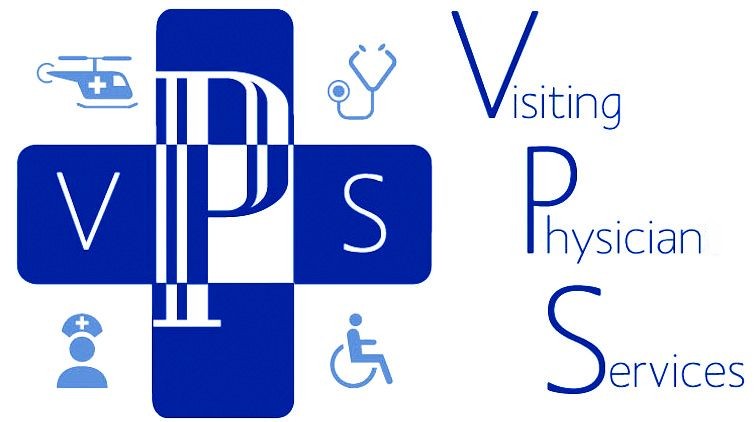The link between hypertension (high blood pressure) and heart disease is a significant and well-established connection. Hypertension is a major risk factor for developing cardiovascular problems, including various heart diseases. Let’s delve into the relationship between hypertension and heart disease to better understand this link:
- Increased workload on the heart: When blood pressure is consistently high, the heart has to work harder to pump blood throughout the body. Over time, this increased workload can lead to the thickening and enlargement of the heart muscle (left ventricular hypertrophy), which can impair its proper functioning.
- Coronary artery disease (CAD): Hypertension can contribute to the development and progression of coronary artery disease (CAD). High blood pressure can damage the inner lining of blood vessels (endothelium) and promote the formation of fatty plaques within the coronary arteries. These plaques can restrict blood flow to the heart, leading to angina (chest pain), heart attacks, and potentially life-threatening arrhythmias.
- Heart failure: Hypertension is a leading cause of heart failure. The continuous strain placed on the heart muscles due to high blood pressure can weaken the heart over time. Eventually, the heart becomes less effective at pumping blood, leading to heart failure, a condition where the heart cannot meet the body’s demands for blood and oxygen.
- Heart rhythm abnormalities: Hypertension can disrupt the normal electrical signaling within the heart, leading to heart rhythm abnormalities (arrhythmias) such as atrial fibrillation. Arrhythmias can increase the risk of blood clots, stroke, and heart failure.
- Stroke: Uncontrolled hypertension significantly increases the risk of stroke. High blood pressure can damage blood vessels in the brain, leading to the formation of blood clots or hemorrhages that can cause strokes. Hypertension is a major risk factor for both ischemic strokes (caused by blood clot blockages) and hemorrhagic strokes (caused by bleeding in the brain).
- Aortic aneurysm: Hypertension can also contribute to the development of aortic aneurysms, which are abnormal bulges in the large blood vessel (aorta) that carries blood from the heart to the rest of the body. High blood pressure puts additional stress on the weakened areas of the aortic walls, increasing the risk of aneurysm formation and potential rupture.
Managing hypertension is crucial for reducing the risk of heart disease. Blood pressure control through lifestyle modifications (diet, exercise, stress management) and medications as prescribed by healthcare professionals can significantly lower the chances of developing heart-related complications. Regular check-ups, monitoring blood pressure, and adhering to an individualized treatment plan are essential for maintaining heart health.
Remember, always consult with your healthcare provider for personalized advice and guidance specific to your condition.
PRIVACY/CONFIDENTIALITY NOTICE REGARDING PROTECTED HEALTH INFORMATION” This email (and accompanying documents) may contain protected health information that is privileged, confidential and/or otherwise exempt from and protected form disclosure under applicable laws, including the Health Insurance Portability and Accountability Act. The information contained in this email (and accompanying documents) is intended only for the personal and confidential use of the intended recipient. if the reader of this message is not the intended recipient or the employee or agent responsible for delivering it to the intended recipient, you are hereby notified that you have received this information in error and that any review, dissemination, distribution, copying or action taken in reliance on the contents of this communication is strictly prohibited. If you have received this communication in error, please destroy immediately.
Doctor working procedures and expertise



